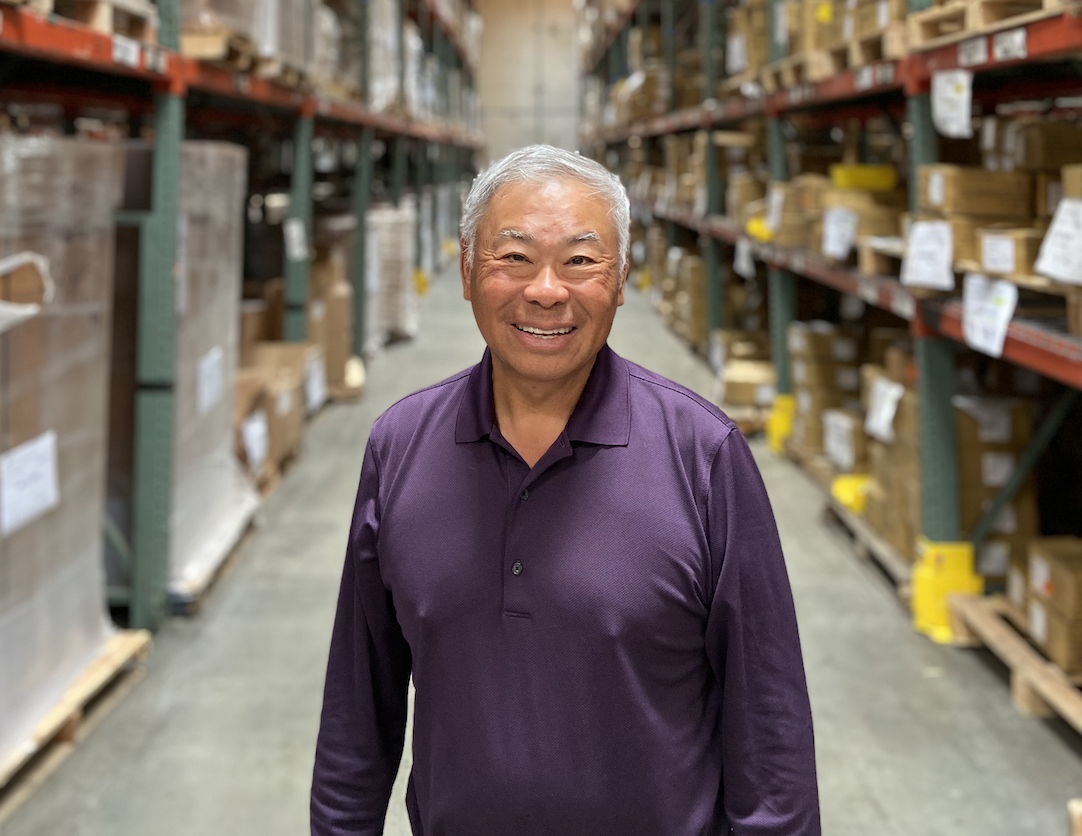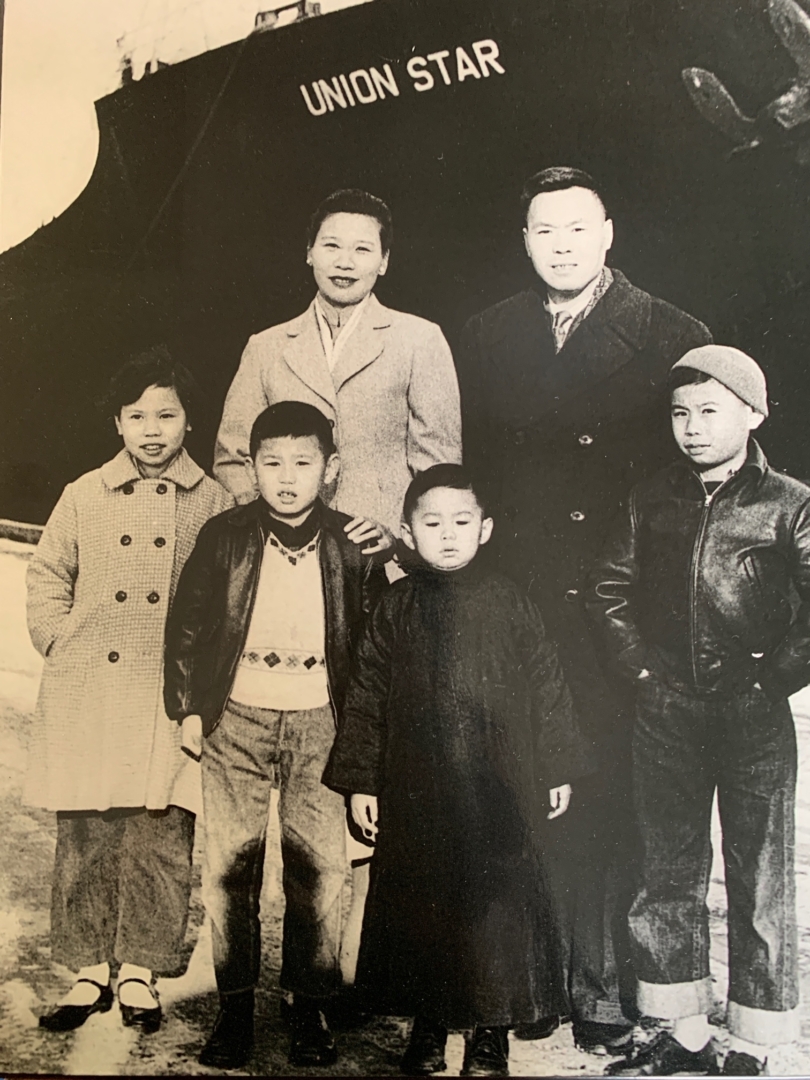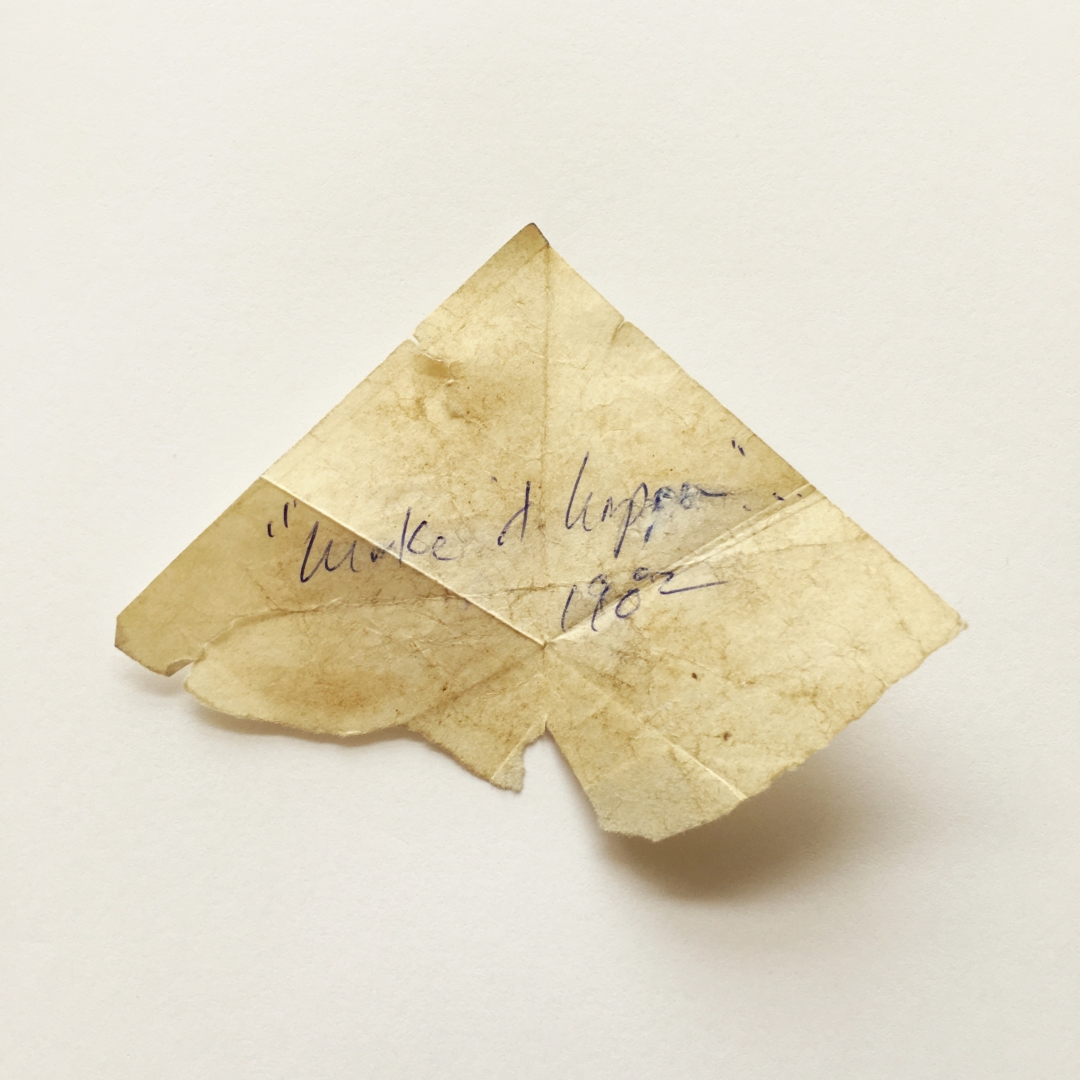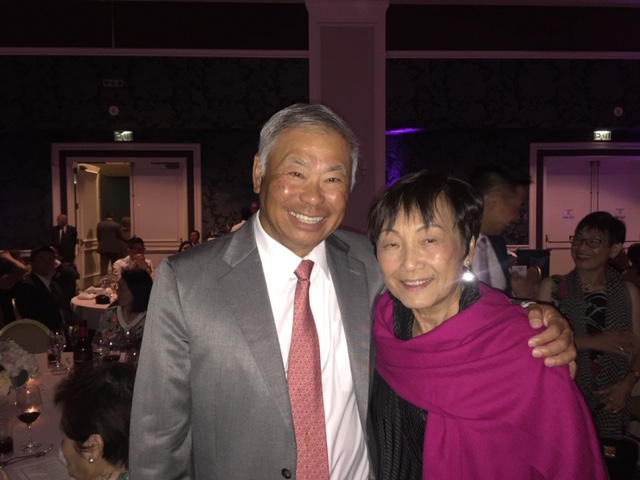Alum and CEO Creates Joy In Serving Others

For 38 years, Norman Tu has carried a folded piece of paper in his wallet bearing three important words: “Make it happen.”
Driven by an entrepreneurial spirit, Tu (Computer Science, ’69) understands what it takes to face the world while owning practically nothing, find his passion, and build and lead a successful business and a joy-filled life. As CEO of Bay Area-based DCL Logistics, which provides warehouse, fulfillment, and shipping services for clients ranging from Symantec and BioRad to GoPro and Cisco, when he gives that paper in his wallet a glimpse, he fully comprehends the message that has guided most of his adult life.
“Every morning I get up and I say, ‘what can I do to make a difference, to make it happen?’” said Tu. “Nothing happens unless you make it happen.”
Born in China, Tu enjoyed an upper-class life in his early childhood. During the country’s civil war, however, his family lost everything before escaping to Taiwan as refugees in 1949. Ultimately, the entire Tu family (including 11-year-old Norman) immigrated to the United States, arriving by ship in Oakland on December 7, 1956. The family started over from scratch.
“In my early years in the US, we really didn’t have much of anything,” Tu recalled. “We as a family had nothing but what we carried on our backs.”
In Oakland, Tu’s father found work as a laborer, his mother as a housekeeper. They emphasized to their five children that education was the key to a brighter future—and that higher education was mandatory, not optional.
“My parents said, ‘the future is not about us, it is about you,’” said Tu, the second-oldest of the siblings. “They came to this country because they wanted a better life for the kids.”

But school was not always easy for him. In high school, Tu was restless and craved direction. He lacked guidance and focus, English was his second language, and he said he was somewhat lost in the course his life would take.
When he enrolled at Chico State in 1967, something changed.
“Chico stabilized me,” he said. “I think Chico kind of settled me down.”
Tu credits professors like Bill Lane, who taught from 1960 to 1991, for helping him find the passion in the study of computer science. Lane was one of the faculty who started the University’s Department of Computer Science, and in 1969, Tu was in its second graduating class, entering a field of the future.
Tu spent the next four years working at Xerox as a system analyst before moving to Hewlett-Packard for another nine years as a programmer, system analyst, and IT supervisor. As time went on, however, he realized he wasn’t very happy. Not feeling fulfilled or especially accomplished, he broached the topic of leaving the company with his boss, who countered by offering him more money.
Despite the pay raise, Tu still lacked joy in his work. Around this time, the beginning stages of the personal computer, a friend of Tu’s was copying software onto 5-1/4-inch floppy disks in his garage and selling them to people for several hundred dollars each. The work was laborious and tedious, and the friend offered Tu a contract if he started his own business doing the same thing.
Inspired by a new direction and exciting opportunities, Tu scraped together enough money and capital, and launched a company called DisCopyLabs. It was 1982, right around the time he folded his “Make it happen” paper into his wallet.
“Money is not a driving force for me,” he said. “I just wanted to contribute to what I want to do in life and be my own boss.”

DisCopyLabs, later renamed DCL, provided mass-market duplication of diskette software, duplicating up to 60 million floppy diskettes annually for innovative software technology leaders like Adobe, AutoDesk, Electronic Arts, and Symantec. DCL ultimately evolved to include complete software manufacturing from start-to-finish.
When software began to be readily available for download on the internet, the company pivoted to expand its services to include non-software products. After renaming itself DCL Logistics in 2005, it shifted its focus to provide warehouse, fulfillment, and shipping for pharmaceutical and medical companies, and emerging brands in the consumer electronics and ecommerce spaces.
Today, DCL Logistics ships more than 25,000 orders daily out of five US facilities, including California locations in Fremont and Ontario. Tu is eyeing further expansion, adding distribution centers in the northeast of the US and Canada.
While Tu has handed DCL Logistics’ day-to-day operations over to two of his sons, he still clocks in about 30 hours a week. During the COVID-19 pandemic, the company has experienced a boost in business with current clients, and increasing numbers of new clients moving to and relying on online shopping.
When he’s not planning DCL Logistics’ next moves, he’s working on his golf game and playing tennis. Tu, a self-described “huge sports fan,” has been to eight Olympic Games, and a handful of World Series and Super Bowls, while also holding season tickets for the Golden State Warriors, San Jose Sharks, and San Francisco 49ers, and looks forward to when he can enjoy athletics in person once again.
Having found success and, most importantly, joy with his business, Tu is also passionate about his philanthropy. Every year, on the day after Thanksgiving, Tu and his wife, Antonia, who is a social worker, spend the day reviewing their giving budget and list of potential causes—an activity he calls “the best part of their year.”
They give to a number of worthy causes, like Self-Help for the Elderly, which provides support to seniors in the San Francisco Bay Area, and a planned renovation of Angel Island in San Francisco Bay (where an estimated 1 million immigrants entered the US and were processed from 1910 through 1940, including hundreds of thousands from China and Japan).

“I think paying back to society is our obligation,” he said. “It’s an obligation for us to distribute and give back to people who are less fortunate.”
Among their philanthropic priorities has been supporting student success at Chico State. Tu and his wife recently gave $100,000 to create the Norman K. Tu Endowed Scholarship to ensure future computer science majors would be supported in perpetuity.
Tu vividly remembers the times in his life when just having a place to sleep and food on the table were enough—and when even that was hard to come by.
“I’ve been in that position. I remember what it was like when I came to this country with nothing,” Tu said. “I remember the times at Chico State when I rented a room and a bed for $30 a month, because that’s all I could afford. I know what it’s like to live hand to mouth. If you can help somebody and elevate them in any way, we are obligated to do that.”
He speaks fondly of his time in Chico, including cooling off on warm days in the swimming holes of Big Chico Creek in Bidwell Park, and the city where he met Antonia—with whom he recently celebrated 50 years of marriage.
Just as importantly, though, he remembers how the academic rigors of Chico State prepared him for a life beyond school, which has ultimately provided so much joy. Education was instrumental to a journey that allowed him to make it happen.
“Education is a key to get to where you want to go,” he said. “It’s your passport to success.”


